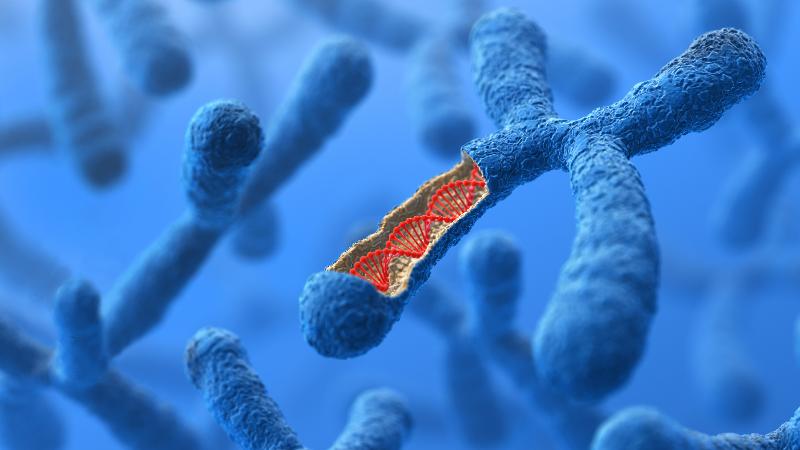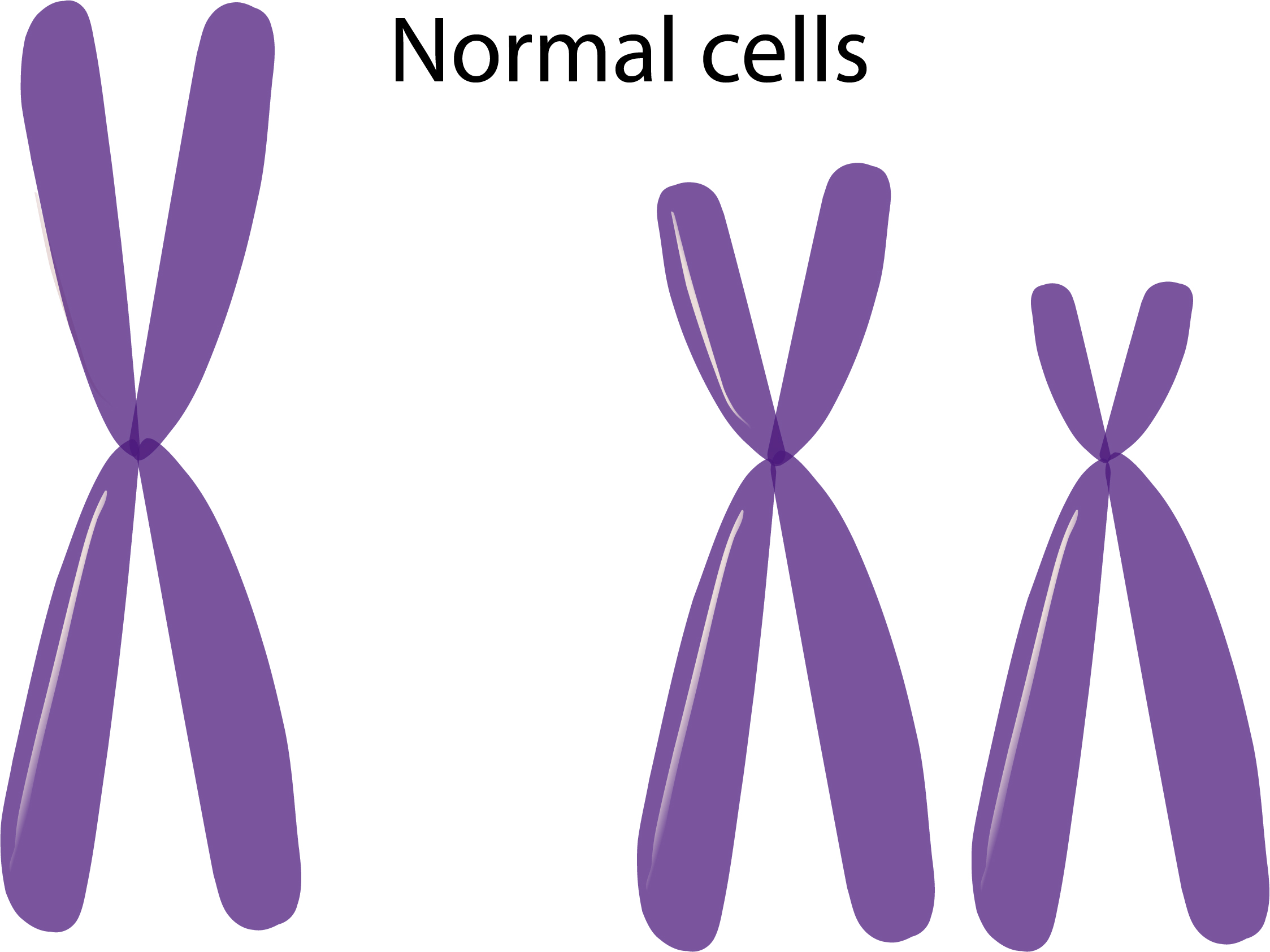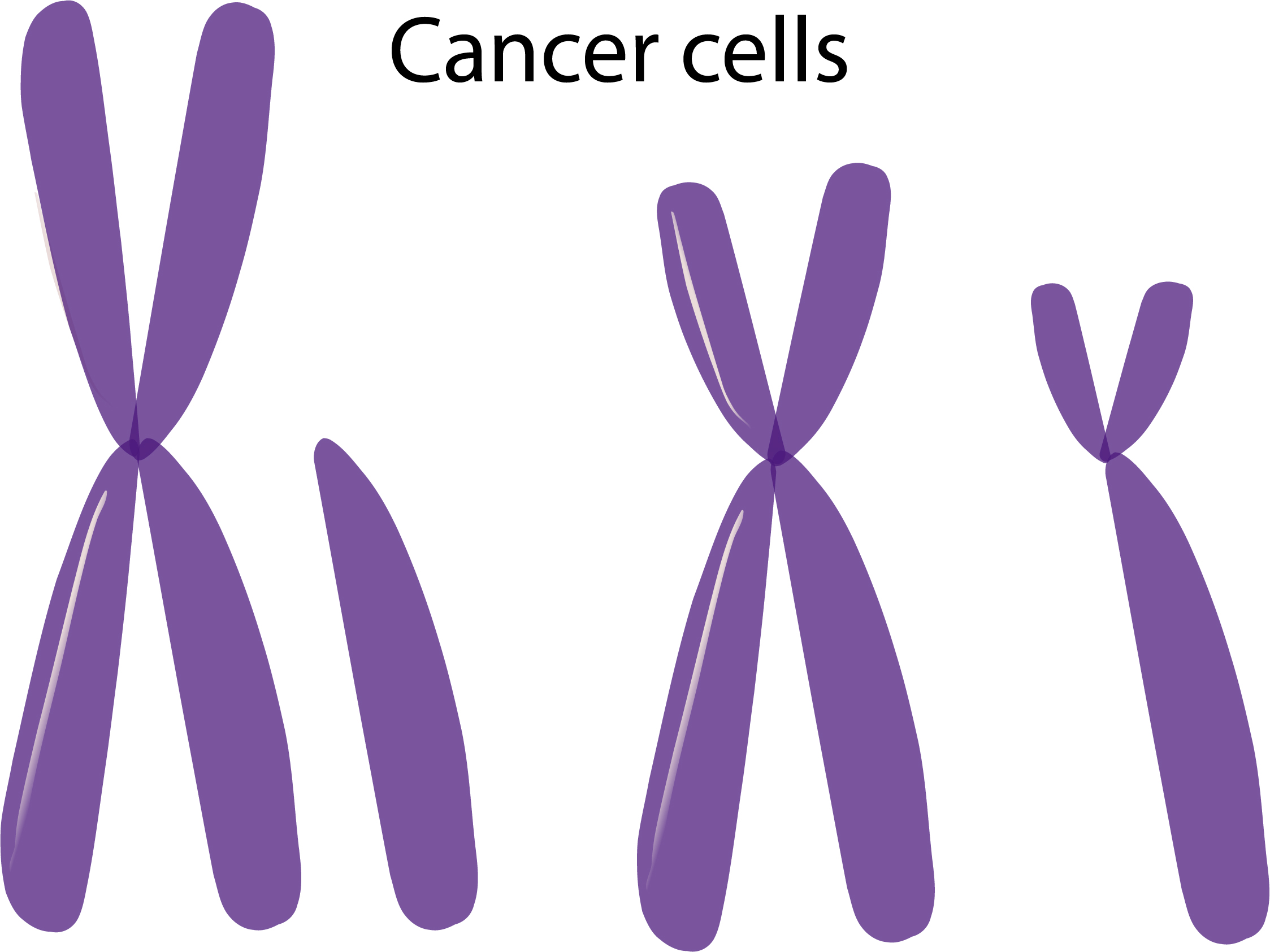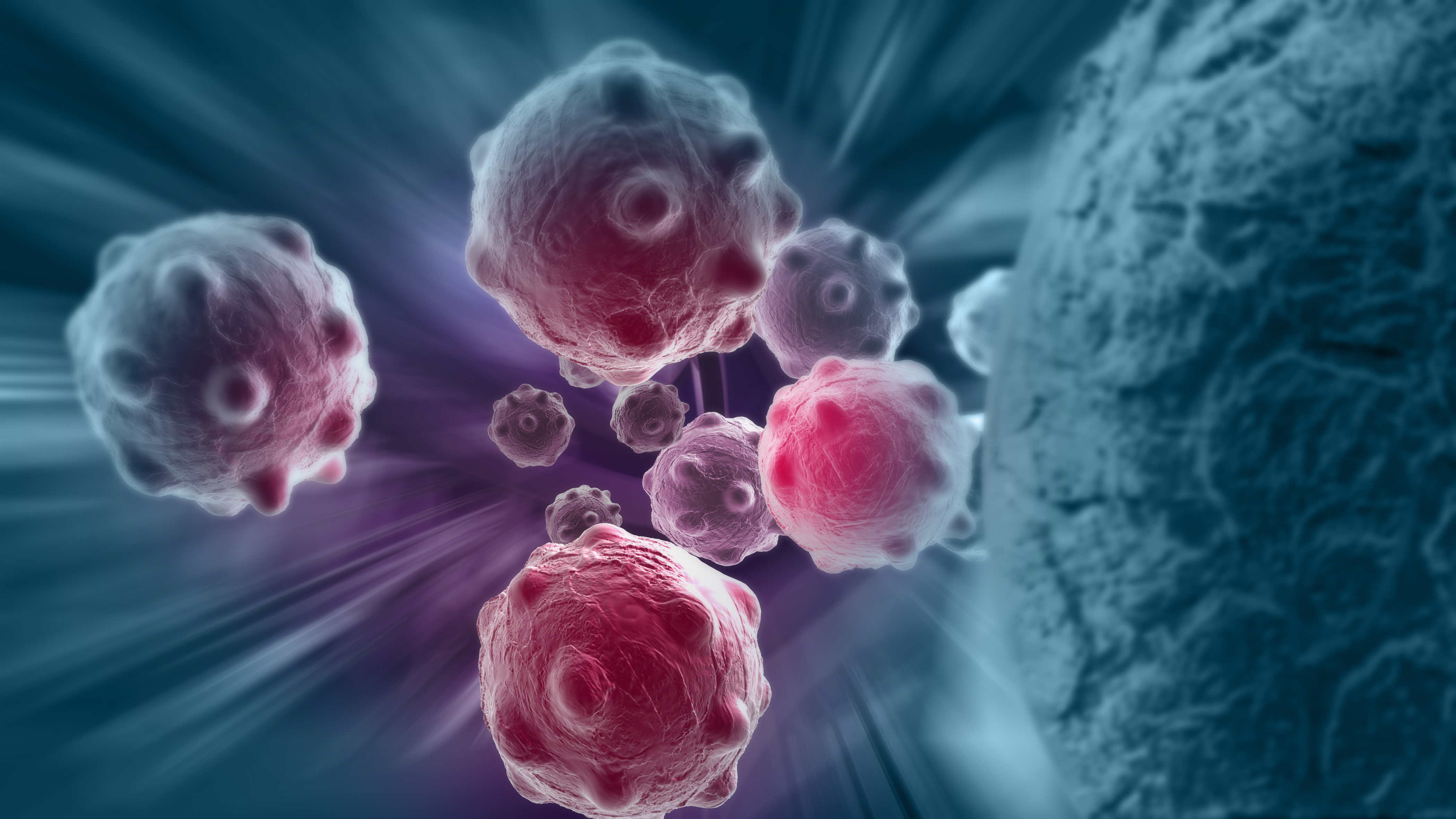
As tumours develop, cancer cells gain and lose so-called “chromosome arms”, changing their response to drugs, a finding which may offer better personalised treatments for 17 types of cancer.
Dr Pascal Duijf from QUT’s School of Biomedical Sciences and IHBI (Institute of Health and Biomedical Innovation) said the study, published in Nature Communications today, analysed chromosome arm abnormalities in more than 23,000 human tumours and 1000 cancer cell lines.
“Our analyses provided hitherto unknown insights into the evolution of tumours and open up three exciting new areas of study, including new potential personalised treatments for 17 cancer types,” Dr Duijf said.
“Nearly all cells in our bodies have 46 chromosomes, made up of DNA and proteins, that contain genetic information and instructions for cell functions.
“Most chromosomes have two chromosome arms. If cancer cells gain or lose arms, it can equip them with cancerous features, such as the ability to spread through the body.


“Our most unexpected finding was that chromosome arm gains and losses predict drug response much better than well-established genetic abnormalities, such as mutations.
“We used artificial intelligence to identify 31 chromosome arm gains or losses that profoundly change the response of cancer cells to 56 different chemotherapeutic drugs.”
Dr Duijf said tumour cells usually initially gain chromosome arms and lose multiple arms later during development.
Blood cancers, on the other hand, acquire only few chromosome arm abnormalities and show more gains than losses.

“We also applied advanced statistical methods to determine probable orders in which chromosome arms are gained and lost during the development of breast cancer,” he said.
“We found that chromosome arm gains and losses could also predict patient survival outcome in 58 per cent of nearly 7000 patients with 19 types of cancer.
“Unexpectedly, although chromosome arm gains and losses are abnormal, for 1 in 4 patients they predict better survival outcome.”
The study "Chromosome arm aneuploidies shape tumour evolution and drug response" was conducted by researchers at QUT, University of Queensland, Translational Research Institute, Griffith University, QIMR Berghofer Medical Research Institute and UT Health San Antonio and supported by the National Breast Cancer Foundation.
The article is available via https://www.nature.com/articles/s41467-020-14286-0.
.QUT Media contacts:
Niki Widdowson, 07 3138 2999 or n.widdowson@qut.edu.au
After hours: Rose Trapnell, 0407 585 901 or media@qut.edu.au


